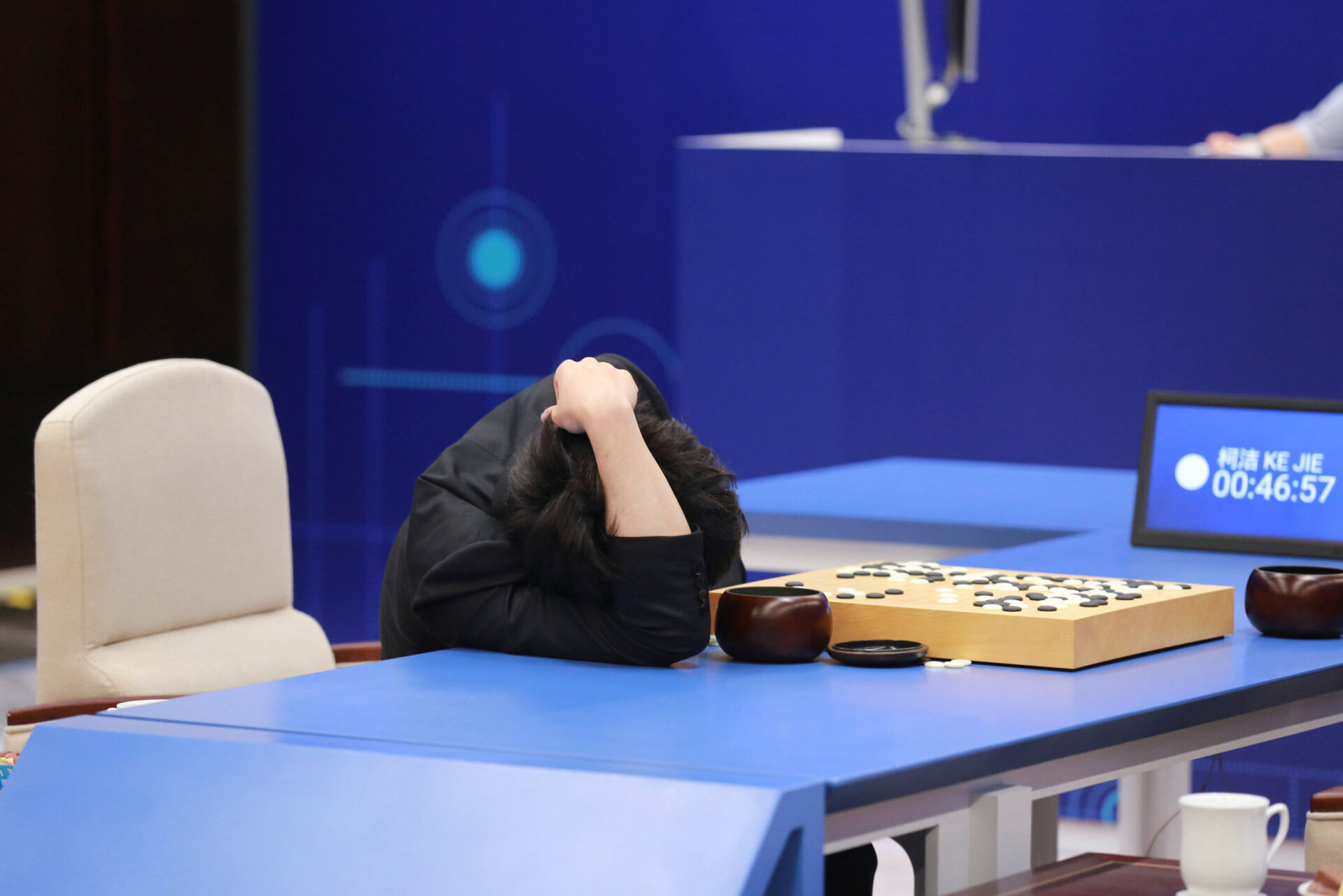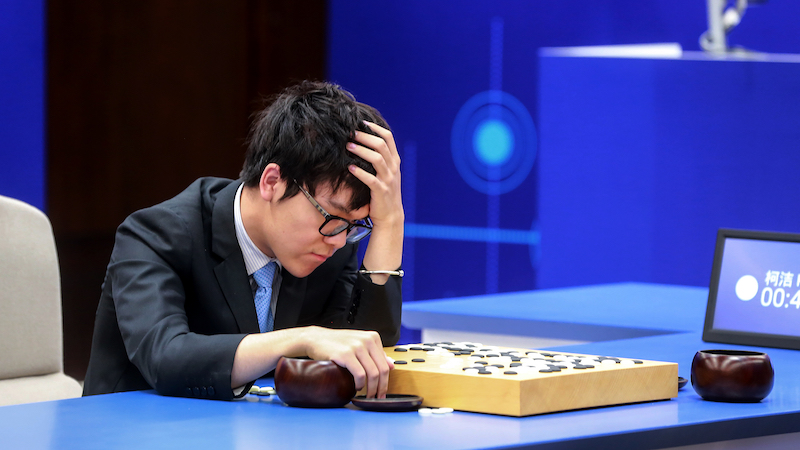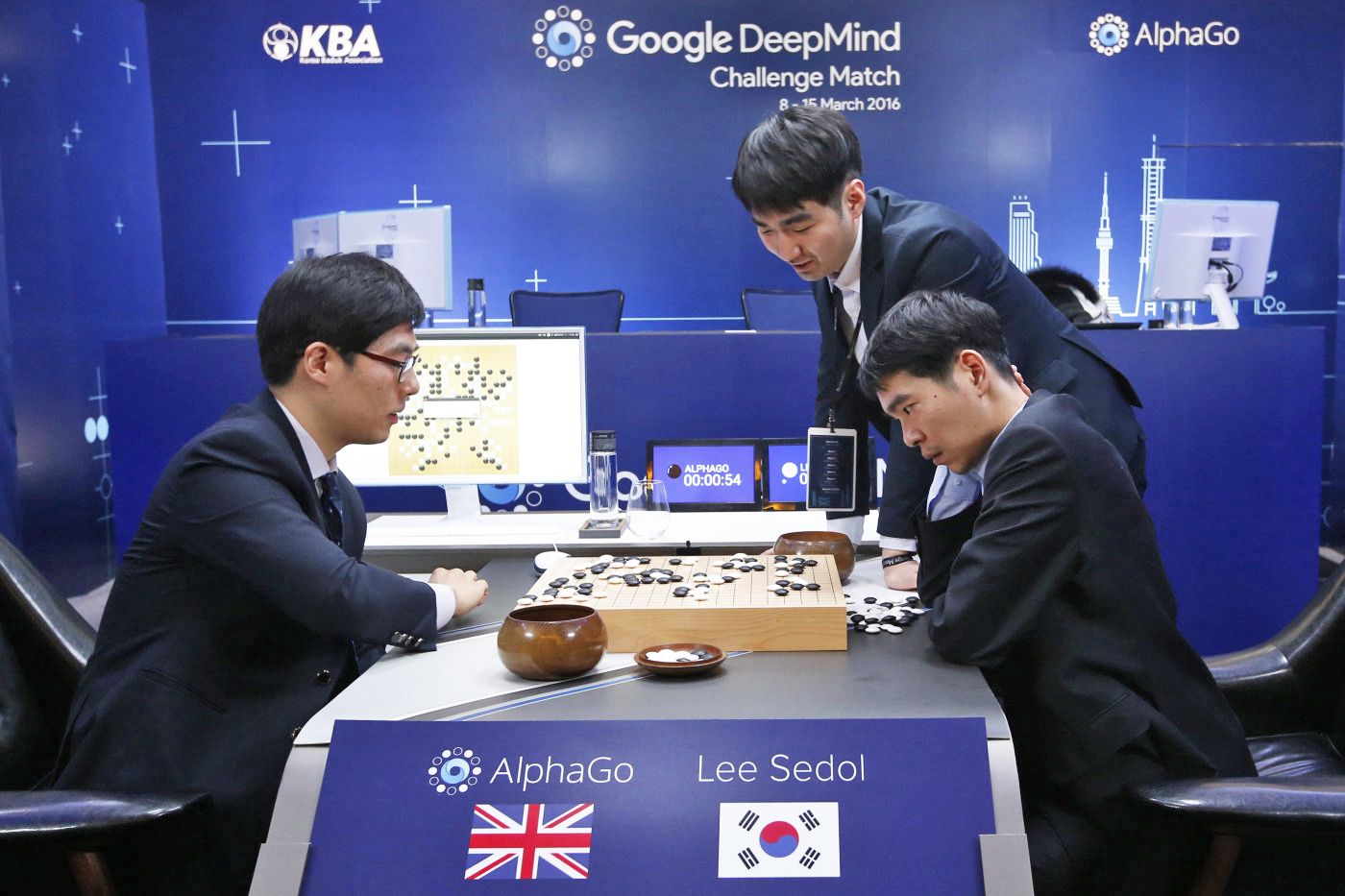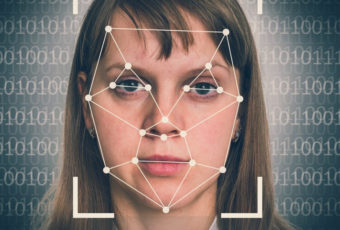
Champion Go Players Are Easily Beaten By AlphaGo
Leader researcher for AlphaGo shared in a 2017 video: “It defeated the version of AlphaGo that won against the world champion Lee Sedol, and it beat that version of AlphaGo by hundred games to zero.”
However, humans recently had a win against machines when a Go player below the top amateur ranking beat the AI player KataGo in 14 out of 15 games. This victory was achieved through a group of researchers who trained their own AI “adversaries” to search for weaknesses in KataGo.
Instead of playing Go better than KataGo, the adversaries won by tricking the AI into making serious blunders. The exploit was to create a large loop of stones around the AI victim’s stones but distract the AI by placing pieces in other areas of the board. This strategy consistently defeated the computer, and the researchers concluded that highly capable agents can still harbor serious vulnerabilities.

The First Time It Happened, People Were Shocked
The strategy was created by Kellin Pelrine, who is an author on the paper. Using this strategy, Pelrine was able to bear the computer on a consistent basis. Once Pelrine learned this strategy, no further help from AI was needed.
While the victory against the machines is impressive, the researchers warn that the implications go beyond Go. “Our results underscore that improvements in capabilities do not always translate into adequate robustness,” the team shared. “Failures in Go AI systems are entertaining, but similar failures in safety-critical systems like automated financial trading or autonomous vehicles could have dire consequences.” The researchers’ study has been published on their website.

Humans Were Able To Exploit A KataGo Weakness







